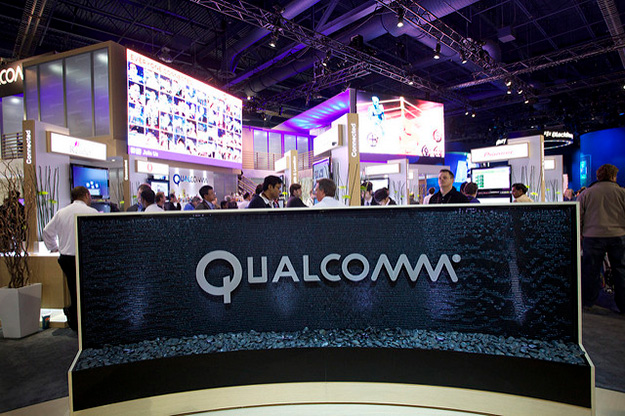US Judge Slams Qualcomm, Rules Its Patent Licensing Terms Are Anticompetitive And Illegal

The ruling was handed down by U.S. District Judge Lucy Koh, whose name should be familiar to those that have followed lawsuits involving "big tech" over the past decade. Koh ruled that given its position as the leading supplier of 4G LTE modems found in modern smartphones, it has unfairly backed its customers into a corner to accept unsavory licensing terms. Her ruling sided with the case brought forth by the Federal Trade Commission (FTC).
A lot of the Qualcomm violations that Koh pointed out were also brought to light by Apple. However, the folks in Cupertino settled with Qualcomm after it was determined that it wouldn't be able to get 5G modems to the market in time due to Intel's laggard development pace.

“Qualcomm’s licensing practices have strangled competition in the CDMA and the premium LTE modem chip markets for years, and harmed rivals, OEMs, and end consumers in the process,” said Koh in her ruling, which stretched on for 230 pages.
Koh has stipulated that Qualcomm be monitored for seven years to ensure that the company not only renovates its contracts with customers, but also sets fair and reasonable prices for patent licensing (among other things).
In a statement issued this morning, Qualcomm said that it will seek a stay of the judgement and that it will file an appeal to the U.S. Court of Appeals for the 9th Circuit.
“We strongly disagree with the judge’s conclusions, her interpretation of the facts and her application of the law,” said Don Rosenberg, who serves as Qualcomm's executive vice president and general counsel.
Qualcomm has also been used by regulatory agencies in Taiwan, China and South Korea for its anticompetitive practices and has paid nearly $2 billion in fines to those countries as a result of its violations.

